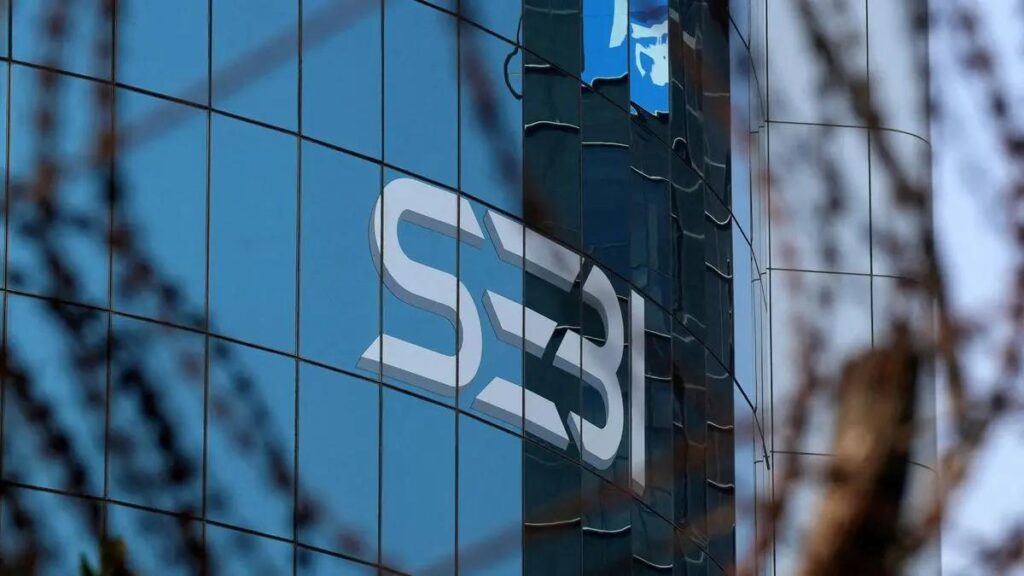Jane Street India ban threatens 900% rally for SEBI
The recent restrictions imposed on Jane Street have sent shockwaves through the Indian financial markets, particularly impacting the Bombay Stock Exchange (BSE). On July 4th, BSE witnessed one of the sharpest declines this year following the fallout from Jane Street’s situation.
Evolution of BSE amidst Market Dynamics
Over the years, BSE has been at the forefront of financial innovation, introducing milestones such as the iconic BSE Sensex Index back in 1986. As a growing number of retail investors have flocked to equities and derivatives, BSE has strategically invested in upgrading its infrastructure to enhance trading efficiency and market transparency.
Despite facing stiff competition from the National Stock Exchange (NSE), BSE has maintained a stable 6% share of India’s daily $14 billion cash equities trading. The introduction of derivative products linked to the Sensex and BSE Bankex Index has been instrumental in sustaining BSE’s market relevance and appeal.
Challenges and Opportunities Ahead
Commenting on the current market scenario, Sonam Srivastava, the founder of Wright Research in Mumbai, raised concerns about the potential saturation of easy gains for BSE. While the exchange has been a key player in India’s financial landscape, the evolving market dynamics and regulatory changes pose both challenges and opportunities for its future growth.
CEO Sundararaman Ramamurthy highlighted the pivotal role of BSE as a barometer of India’s economic progress. Despite the recent setbacks triggered by the Jane Street controversy, BSE remains a vital player in shaping the country’s investment landscape and fostering capital market development.


